|
I remember so clearly packing your bag for the last time. Pants and socks. A clean white shirt – I think it was the one you wore when we got married in. The shoes you wore the last time you acted, in Sue Hawkins' All the Lonely People. Your favourite tie. The suit that you joked had seen more funerals than weddings, your Jaguar keyring in your inside pocket, the one you got in the Secret Santa just two months before, and a ticket to the Goodwood Members' Meeting in your top pocket. The race meeting we'd been planning for months. The one that started the day we buried you.
The last time I packed your bag.
1 Comment
Warning. Some swearing.
As I said in part 1, people have some odd perceptions of widows. There is an idea that widows, especially widows without children, cash in pensions and life insurance and live giddily, splashing the cash and living the life of Riley. Flash car. Foreign holiday. This idea of all widows being wealthy is far from the truth. In the UK in 2021, over 1.5 million widows lost out on pension income after their partners died, and 59% experienced a sharp drop in income following bereavement. People who are widowed lose their partner's income. Especially if they are not married, they may not get access to their partner's pension or life insurance. Unmarried widows may also lose their home. Bereavement support payments only go to people who are married or civil partnered. Some of us, after we were widowed, did press the Fuck-It button a few times. A new car (or a car new to us). A holiday. Gorgeous boots.* Being a widow is pretty shitty, and that little fizz of dopamine is sometimes just what we need. But I think I speak for pretty much all of us when I say that we would rather live in rags and in a cardboard box with the person we loved than have all the money in the world. *Yes. That one was me. There are odd perceptions of women as widows out there. They are ancient and wizened. They are very humble. They are virtuous and will sacrifice everything. They are master criminals. They are wily husband hunters (at least where the Victorians were concerned).
Clearly, there's not real evidence behind any of these images of widows, but the one that seems to persist is that women who are widowed are out to steal other women's partners. I've never heard of a case of this actually happening. Widows are just out to survive from day to day and they don't want anyone else's partner – they are too busy missing their own. What I have heard of, however, is women who have lost friends because the women in her friendship group are withdrawing to 'protect' their partners from the supposedly wanton widows. That way, the widow loses both female and male friends. Why? I suspect a lack of understanding about grief, and a feeling of insecurity. It's tough enough being a widow, though, without losing friends. Thank you to Dave Seed for the permission to include his picture Red Queen As widows we're not allowed to be angry by wider society. Weeping? Yes. Screaming obscenities into the void while punching things? Apparently, no. I wasn't brought up to be angry. I was brought up not to raise my voice. To be gentle and softspoken. As the memes all say, to be kind. I find raised voices uncomfortable, and I will do everything I can to avoid confrontation. This is a combination of my specific upbringing, and of growing up in a world where women are supposed to be sugar and spice and all things nice, rather than slugs and snails and puppy-dogs' tails.
But when my husband died, I was angry, in a way that I hadn't ever been angry before. Angry at him for dying and leaving me. For not having managed his diabetes better. For not having told me he was feeling ill. For dying without a will. For being on the border of being a collector and a hoarder (and it's not such a fine line) and leaving me with So Much Stuff to clear. I was angry every time I thought I was done and I unearthed another box of magazines or pile of kits or stack of paperwork and uncashed cheques. I resented him. And then I felt like I was betraying him, so I didn't feel that I could show that face of anger to anyone. I was angry at other people for having a partner during lockdown when all I had was a house of clutter and a pile of grief. I was angry because he was supposed to be my happy ever after and he wasn't. And I was angry with myself for not having seen the signs of him being ill. For not having done better. For not saving him. Showing the face of anger So many of the models of grief include a reference to anger. Anger, however, isn't something we always feel that we can show to the outside world. We may feel that people 'out there' may believe that widows whose partners have died by suicide, through violence or accident, or because of any kind of misadventure or risky behaviour, have every reason to be angry. However - I believe that all widows have the right to be angry with the situation that they are in. There are so many reasons to be angry – being left alone to cope with a difficult situation, families or in-laws that make your life hard, losing access to stepchildren, people you thought were close just disappearing, having to leave a place you adore or a job you love because it's just not tenable to stay, or simply, losing the life you thought you were going to have. Being angry at yourself, your god, the person who died, the universe. The list goes on. For someone with my upbringing, showing the face of anger was really hard. I felt like the slugs and snails were under the surface where the sugar and spice was supposed to be, and that they were going to break out and I would scream and scream and never stop. Living out in the middle of nowhere in lockdown had its bonuses. I could go and shout in a field and only the sheep heard what I said (poor sheep…) Living with the anger Its important that we acknowledge that we are allowed to be angry, and that anger is a normal human emotion. Our anger, especially when it's towards the person who died, can be tied in with unresolved hurts or resentments that can never now be sorted out. This includes anything from a silly disagreement about who should have taken the bins out, through risky behaviour that contributed towards their death, to something that comes out after death that shows they were not the person we thought they were. We can also be angry with people who have an actual or a perceived link with the death of our partner, from the drunk driver or the doctor to the person who lent them a bike on the day of the death, or delayed them so they missed the bus and had to drive to work. Bottling up anger isn't a good thing – we need to let it out – but yelling at friends and family, breaking things, hurting other people or hurting ourselves (either physically or mentally) isn't a good way to deal with it. If you feel that you are going to explode with anger:
I want to be happy for you but...
…you’re getting engaged and my fiancée died a week before our wedding. …you’re having a baby and my chance of motherhood went when my husband died just before we could start what was to be our last chance at IVF. …you’re buying a house with your boyfriend and I have to move back with my parents because my late boyfriend’s family want his flat back. We love our friends. They are amazing people (after all, we wouldn’t have them as our friends if they weren’t) and we want the best for them. But it’s really hard to see them have the things we wanted or planned before we were widowed. And it’s hard to tell them we are so happy for them when inside we are wondering why they got to have the partner, the baby, the house, the life, and we didn’t. What do to?
A guest post from Karli Watson
Over the last year or so of donna's life, where I gradually slid into that new role of being a carer, I had a morning routine. I'd head to the kitchen, make us both coffee & maybe a glass of juice, and make porridge. Typically, I'd add some banana or blueberries, and then I'd bring everything upstairs and we'd spend some time breakfasting together. As time went on I had to change things a bit. As she became less mobile I'd have to help her to get out of bed, down the stairs and to the sofa, make sure she had everything within arm's reach and give her an occasional poke if she fell back to sleep. And then, closer to the end, things changed again. She stopped being able to eat anything other than meal-replacement shakes, and that meant the porridge stopped. Since then, for almost 15 months, I haven't made myself porridge for breakfast. The box has sat there in the corner of the kitchen, staring at me, gradually getting further and further past its best before date. And then, last week, I made myself a bowl. It was horrible. Turns out the best before date does matter, given enough time. So, I threw it out and bought some more. And now, I seem to be having it most days. Is this a sign of progress? I don't know. Why should something as mind-blowingly mundane as rolled oats cause emotions like this? I also don't know. But I know some of you will understand, or have equally ludicrous stories. But how I wish could share one last bowl with her. I'd do it properly on the hob, none of those microwave shortcuts. And I'd add bananas, and sprinkle Splenda on the top, and add a dash of cold milk, and then a sprinkle of "munchy seeds". It would be, pardon my French, a fucking good bowl of porridge. You are a widow* and are welcome here if you have lost your partner.
Young or old or somewhere in between – you are a widow. Committed to each other for a few months, or the whole of your life – you are a widow. Living together or living apart – you are a widow. Going through tough times when they died – you are a widow. Queer or straight – you are a widow. Cis, trans, non-binary, agender, gender-expansive, gender-fluid, intersex – you are a widow. Childless, child-free, have children or have lost children – you are a widow. In a traditional or a non-traditional relationship - you are a widow. Got another partner or are dating, or haven't got another partner, don't want another partner or don't want a traditional relationship – you are a widow. Days in or decades in – you are a widow. *I use 'widow' as a non-gendered term |
AuthorI was widowed at 50 when Tim, who I expected would be my happy-ever-after following a marriage break-up, died suddenly from heart failure linked to his type 2 diabetes. Though we'd known each other since our early 20s, we'd been married less than ten years. Archives
July 2024
Categories
All
|

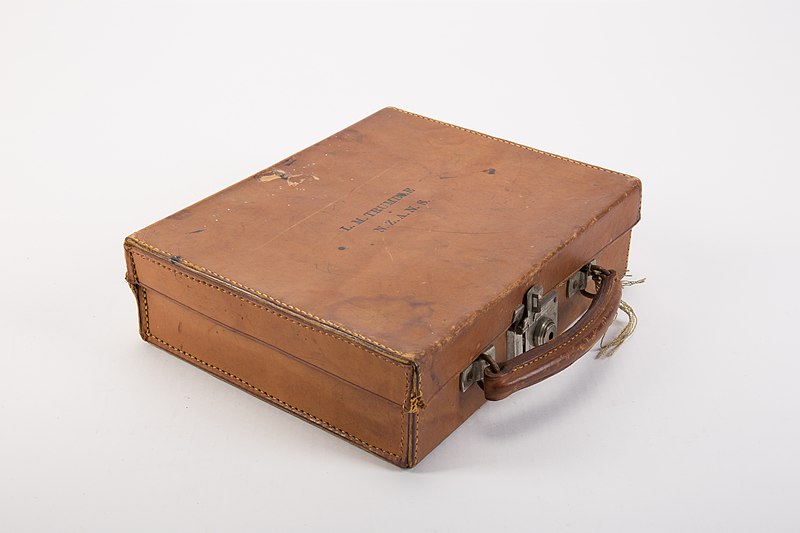

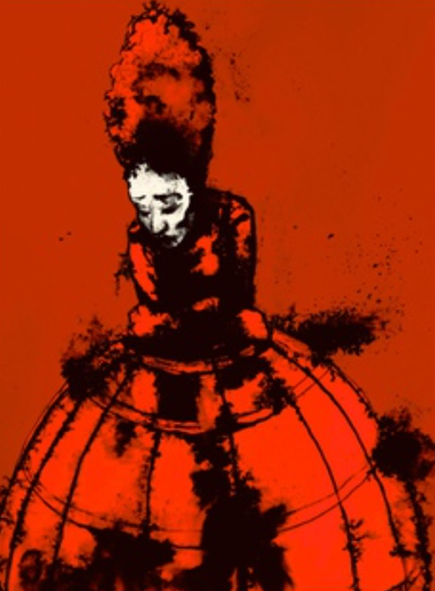
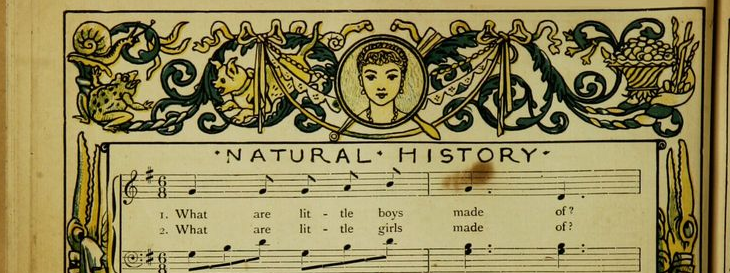
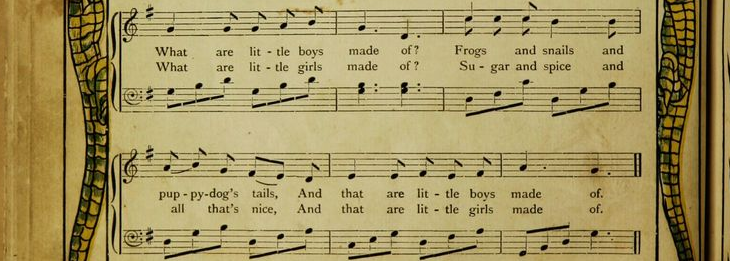

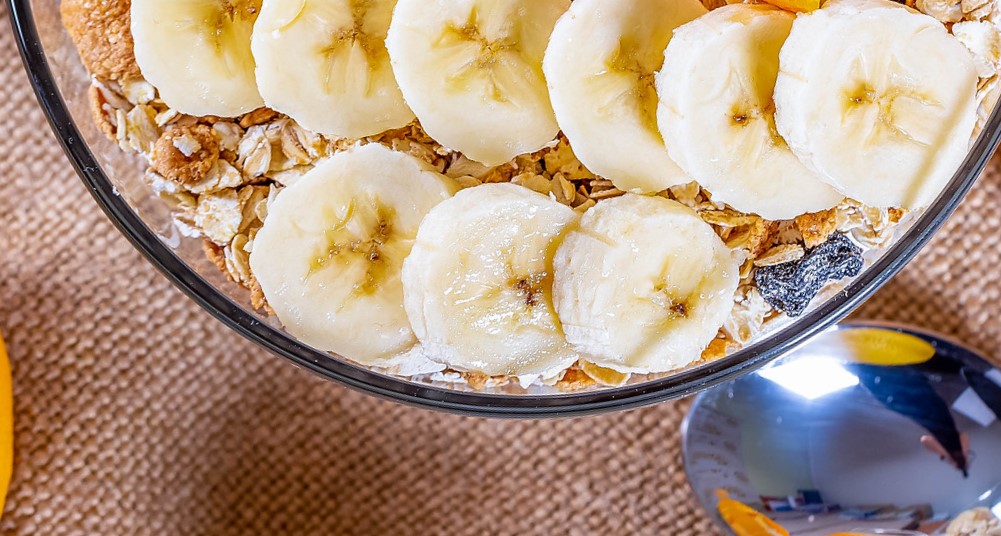

 RSS Feed
RSS Feed